|
First, indulge me while I pat myself on the back. This new record has been set in large part thanks to my page about Ezra Taft Benson's 1987 talk "To the Mothers in Zion," which a lot of people looked up to verify that the LDS Church's general Relief Society president, Camille Johnson, disregarded the prophet's counsel in the 1980s and is now being celebrated by the church for it. The gaslighting is rather tedious. I now return you to your regularly scheduled blog post. Twitter is now completely X, which is a really cool name if you're in middle school. I'll probably just keep calling it Twitter to show my contempt for its owner. It's a dumpster fire of bullying and hate speech, and it deserves to lose all its advertising sponsors, but I keep using it because I have the unfortunate moral failing of really enjoying heated arguments with bad people. I've had a few more civil debates with okay people, but they didn't give me the same thrill. I was going to share several of the stupid LDS-adjacent Tweets that I saw this week, but as this topic probably interests no one as much as me, it isn't worth the effort. I'll just share one. I was one of the first people who saw it, and I couldn't believe my eyes. I gladly helped make it go viral-ish. It's public knowledge that this man has a traumatic brain injury, and it's very obvious from his posts that he's delusional. I've tried to tell him that a few times. I know there's not a nice way to tell someone that they're delusional, but I tried not to be a jerk about it, and I hoped he could make the connection since he's aware that he has a traumatic brain injury. But no. Given the circumstances, I don't think he's guilty of the same intentional evil as most of his right-wing Mormon buddies, and I want to be sympathetic to him, but he's such an insufferable ass that it's impossible. Most Mormons are, of course, as shocked and horrified by this man's belief as I was. Even on Twitter, many decent Mormons told him he was wrong. (The horrible ones were strangely quiet.) He claimed that only apostates and "progmos" were telling him he was wrong, and he doubled down. So this is the nonsense of a mentally ill man who does not accurately represent what most Mormons believe. Nonetheless, I have no hesitation in using it to humiliate the LDS Church, because it is what the Book of Mormon teaches. It's what I was taught as a kid. It wasn't made into a big deal, and I didn't give it much thought, and I didn't realize how horrifically racist it is until I was in college - and then only because I stumbled, quite by accident, upon an article by Mormon apologists arguing that the skin color in the Book of Mormon is metaphorical. They presented a surprisingly sophisticated argument, and it persuaded me for several years. But it makes no sense in the obvious nineteenth-century cultural context of the book's origin, it isn't what Mormon leaders taught for most of their history, it isn't what was depicted in decades of visual media based on the Book of Mormon, and I'm pretty sure that even today it isn't a mainstream Mormon belief. I suspect that most Mormons, like me, honestly just don't think about this part of the book very much. I bet a substantial number of them don't even know about it because they've never read the whole book. One apologist got raked over the coals recently for suggesting that the skins in the book were the animal skins that people wore, and that's what Mr. Plumb is mocking in his Tweet. Ironically, he's correct about it being ridiculous. Here's Spencer W. Kimball, a Mormon prophet, seer, and revelator, teaching the same thing in General Conference that this delusional man believes, because it's what the Book of Mormon says: I saw a striking contrast in the progress of the Indian people today.... The day of the Lamanites is nigh. For years they have been growing delightsome, and they are now becoming white and delightsome, as they were promised. In this picture of the twenty Lamanite missionaries, fifteen of the twenty were as white as Anglos, five were darker but equally delightsome. The children in the home placement program in Utah are often lighter than their brothers and sisters in the hogans on the reservation. This was in 1960. Notwithstanding the widespread virulent racism that existed in 1960, normal people had at least figured out by then that skin color was not caused by curses from God. But Kimball also taught that masturbation led to homosexuality and women having equal rights led to divorce, so I'm not positive that he wasn't delusional too. Kimball does deserve some credit for lifting the LDS Church's racist ban against full participation by members of African descent. Here's prophet, seer and revelator LeGrand Richards in an interview with Reverend Wesley Walters a couple of months later. Walters asked him if Mormons still believed that Black people were less valiant in the previous life. Richards said, The Lord has never indicated that black skin came because of being less faithful. Now, the Indian; we know why he was changed, don't we? The Book of Mormon tells us that; and he has a dark skin, but he has a promise there that through faithfulness, that they all again become a white and delightsome people. So we haven't anything like that on the colored thing." That was in 1978, in case anyone forgot. Mormon leaders don't say that stuff anymore, but I have yet to hear any of them endorse the "it's metaphorical" hypothesis.
The obvious nineteenth-century cultural context of the Book of Mormon's teachings about skin color is the racist Mound Builder myth. Many European settlers believed that the Native Americans were too primitive to have built the mounds and earthworks that dotted North America, so they speculated that those things had been built by an earlier race of light-skinned people before the darker-skinned people wiped them out. Many European settlers, without the benefit of modern anthropology or DNA science, also believed that the Native Americans were descended from Israelites. Lo and behold, both of those ideas became essential to the narrative of the Book of Mormon, and since neither of those ideas has the benefit of being true, it strains credulity to regard that as a coincidence. The argument that the skin color is metaphorical relies on the book coming out of an ancient Hebrew context without the modern concept of race, but it didn't. It so obviously didn't. But that's not the worst part of the Book of Mormon's racism. The worst part of the Book of Mormon's racism is its assertion that the Native Americans deserved to be displaced and decimated by the Europeans because their ancestors abandoned God. And this is an absolutely core part of the narrative that can't be downplayed as "metaphorical." Over 20 times the book paraphrases the teaching, "Inasmuch as ye shall keep my commandments ye shall prosper in the land; but inasmuch as ye will not keep my commandments ye shall be cut off from my presence." Even the chorus of the children's song "Book of Mormon Stories" (which has its own racism problem) repeats "Given this land, if they lived, rye-chus-lee." (emphasis in original) Few things could make it more obvious that the book was written by a man of European descent putting God's stamp of approval on his ethnocentric worldview. But this is an abhorrent thing to teach anyone, especially the descendants of the people who were displaced and decimated. So again, I have no moral qualms about using Mr. Plumb's deranged Tweet to humiliate the LDS Church, because he's a more solid believer in its foundational text than its own current leaders are. I don't doubt that he causes more problems for them by saying the quiet parts out loud than I do by criticizing them on my blog. But if you're struggling with how to continue believing in the Book of Mormon as a divinely inspired ancient text despite its blatant nineteenth-century racism, don't worry, he has a solution for that too.
0 Comments
Twitter's pathetic lack of moderation has empowered conservative Mormons to fully out themselves as terrible, horrible, no good, very bad people. Of course, they don't have a monopoly on being terrible, horrible, no good, very bad people, but it's the hypocrisy and the delusion that really drive me up the wall. These terrible, horrible, no good, very bad people apparently believe in all sincerity that they're doing what Jesus wants, when in reality, he would smack the shit out of them if he were here. These terrible, horrible, no good, very bad people are representing the LDS Church to the world, and as long as it refuses to do anything about their behavior because it doesn't want to alienate its Republican base, it deserves to be represented by them. I like liberal Mormons, though - you know, the ones who don't base their entire identity on bullying others. I don't think their beliefs make a lot of sense - they basically create their own religion that isn't the one being taught by the church they belong to - but I think they're great people, and I respect their right to believe whatever they want. Jim Bennett is a really exceptionally great, open-minded, loving man, which has made him a high-profile target for harassment by the scum of the Earth. As soon as he posted this, a conservative Mormon with the self-awareness of a sea sponge tried to set a world record for proving him right. I know Jim Bennett would never tell anyone to fuck off, becuase he's better than that. But I'll always be willing to step up and tell someone to fuck off on his behalf. And on behalf of others. I was going to stop there to let my words carry their maximum impact, but I couldn't resist adding that the only platform we should be giving Nazis is one that comes with a rope and a long drop. ADDENDUM: I'd like to thank this exceptional waste of oxygen, and whichever of her cult of stalkers is assigned to me, for the sudden spike in traffic to my obscure little website. And I'm not even shocked anymore that conservative Mormons think this is okay: Well, "The land of delusion" is pretty accurate.
Sometimes people on Twitter tell me to get therapy. Not because they actually care about me or mental illness, of course, or because they agree with the best practices of the mental health profession. But I did just go to therapy for a few months. I got it from an unlicensed USU student at a huge discount because I live in poverty. Like everyone else in that building, she was irreligious and politically progressive, the opposite of these Twitter people - not that she pushed any of that on me, but I made the assumption and she confirmed it. I mentioned on my blog when I started therapy, and then I thought I'd have a lot to say about it, but I didn't. Now I'm done for the time being because we ran out of things to talk about and also because I live in poverty.
At the beginning, I was just so excited to have a captive audience that I wanted to talk to her about all the deep intellectual things that I'm starving to talk about. I'd half-seriously considered hiring a prostitute to pretend to be interested in the things that interest me, and I assume this was cheaper. But she wanted to have actual therapy goals and stuff. She had the idea to read and discuss a chapter of The Unwritten Rules of Social Relationships: Decoding Social Mysteries Through the Unique Perspective of Autism by Dr. Temple Grandin and Sean Barron each week, and since it's available to borrow for free on archive.org, I agreed. I went through a suicidal patch last summer when I realized that the loneliness I've experienced for my entire adult life is never going to go away. Now it's daunting to even think about trying to have real relationships. I'm still not sure if I will. I've been a fan of Temple Grandin for a while. I'd never heard of Sean Barron. They bring very different perspectives to the book. It seems that Sean wants relationships for their own sake, while Temple just sees them as a thing she has to do to advance her career. Sean sees autism as a disease and thinks he's been cured of it by learning to think differently, while Temple just sees it as the way she is. I have some mixed feelings about their approach to teaching social skills in the book. I agree that people on the autism spectrum need to understand how to be polite and hygienic. I think I've already benefitted from some of the principles they explained, like showing interest in people and knowing when it's okay to break the rules or lie. At the same time, though, neurotypical people should learn not to be ignorant assholes about things that don't matter. Sean tells the story of how he started to make friends with a boy in his class, but then he blew it, and the boy started bullying him like everyone else. The entire focus is on his lack of social skills, and at no point does he acknowledge that the boy was wrong to bully him. Temple mentions that she got a new boss who wanted to fire her for being weird, but she changed his mind by showing him how much she'd contributed to the company. She doesn't seem to recognize that her boss was in the wrong legally and ethically. She says she learned not to do certain mannerisms in public. She shouldn't have had to. The other day, an anonymous Twitter account told people that I was always weird, even in the Mormon singles' ward. I asked him what I did that was so weird. He said, "Dude you wandered around shoeless muttering to yourself." He seems to have remembered wrong or conflated me with someone else, because I've never been in the habit of muttering to myself in public, but the first part is accurate, although he could have just as easily said "walked" instead of "wandered," but that wouldn't have sounded derisive enough. Walking around for exercise is entirely normal behavior. Doing so without shoes isn't, but so farking what? I didn't harm him. I didn't harm anyone. He just thought I was harming myself and needed therapy because it was different and therefore made him uncomfortable. Not that he ever expressed that to me in person, of course, though he claims that he knew me pretty well. (He's not the first anonymous Twitter account to make that claim. It's actually pretty creepy.) I wonder how many other Mormons just pretended to be my friends while having no qualms about telling people behind my back that I'm weird. It's funny how they think drinking coffee is a sin but being two-faced isn't. So that was kind of depressing, but I'm used to people unfriending or unfollowing me all the time, so it wasn't very surprising. And I read enough of his Tweets to confirm that he's an asshole and I don't want him as a friend. The last chapter had a section on anger management which, unlike all the other chapters, included several comments from other adults on the spectrum. It was the first time I ever heard of a correlation between autism and anger. I've wondered sometimes if I'm just an exceptionally angry person. But Jerry Newport validated me by saying, "ASD folks are no strangers to anger. They have lots of reasons to grow up into angry teens and angrier young adults. Put yourself in their place. Imagine yourself being teased, constantly misunderstood, abused in the name of therapy and often genuinely confused and overwhelmed by it all - not just a few times, but hundreds, if not thousands of times. It is no wonder that I know many adults with ASD who are literally paralyzed by their anger." Then, I might add, people just blame you for being angry and tell you it's entirely your responsibility to make something edible out of the shit sandwich that they gave you. I, for one, get angry about injustice whether it's against me or anyone else, and this world has no shortage of injustice. That's basically its defining trait. I'm angry about how I was raised and about how my entire generation has been royally screwed over by the preceding ones so that I'll never be able to own a house or retire, but I'm also angry about people murdering children in Ukraine and Palestine, people oppressing women in Iran and Afghanistan, people fighting against LGBTQ rights in my own country and too many others to count, etc. I think average Americans ought to be a lot angrier than they are about all this bullshit. It's called empathy. Some members of my family still believe that anger comes from Satan, and I think that's a really immature an unhealthy view. But since I'm also powerless to do anything about anything, my anger goes nowhere, and the only way to deal with it is to stop caring and escape through entertainment. I prefer music and movies. I hope to try mushrooms soon. I take some comfort in knowing that someday we'll all be dead. Between Temple and Sean, I think I have more in common with the latter. Temple thinks in pictures. I think in words. My mind is constantly running an inner monologue, and the pictures I get in my head while reading are vague and unfocused. I just came to realize this about myself when I needed to put more description into my novel. Sean struggled more as a kid and had more anger. Before, I assumed that Temple had twice as many obstacles to overcome from being autistic and female, but from her description, it seems like those things canceled each other out to an extent, and she was treated better and learned more easily than a boy might have. (She has high praise for the structured, polite society of the fifties and sixties that she grew up in, so that's some white privilege too.) Sean mentions that he struggled with humor, that he tried to be funny by repeating funny lines from TV out of context until everyone was sick of him. This is where I differ from him. Somehow I've gleaned underlying principles of humor without even trying. I often forget to put them in my blog posts, but my novel is very funny. Please read it. Amazon Associates link: I made a simple little YouTube ad for my book. In theory, I have a wider reach on YouTube than on any other platform, because I have 3.45K subscribers, mostly thanks to one music video I posted in 2015 that has over two million views. In practice, this video has gotten six views in six days. Yay, I love being me. But I'm also friends with a host of a Star Wars podcast, and I arranged to exploit that for some free advertising under the rationale that my book drew lots of inspiration from Star Wars. I listened to this episode on mute because I want to support my friend but I'd rather slit my wrists than hear my own voice. This was my first time being interviewed about what I hope to leverage into a career, and I think I did pretty well right until the end. I've decided that from now on I'm not going to be apologetic or self-deprecating about the fact that I self-published. That was my choice, and I stand by it. I don't know how much rejection I would have experienced or how many changes the publisher would have wanted to make if I'd gone the traditional route, but the fact that I didn't is not a reflection on the quality of my writing. Also, at the end, I should have mentioned my Goodreads author page. I only mentioned my Amazon page and this website and said that should about cover it. My mind was racing with all my different social media profiles, and I thought I should keep it simple by not including them, and then I didn't mention the Goodreads author page because I haven't done anything with it, I have one follower (the podcast friend), and I don't have a strategy for using it to further my career. I should, though. But see, I'm learning already, and it's a very good sign that I don't hate everything about this interview. A few days later, as it happens, another friend sought out people to participate in a podcast that she's making for a college class. The topic is "life lessons you wish you had learned sooner." I'm not sure if I'll do it or not, because the biggest life lesson I wish I had learned sooner, besides the generic and boring ones, is one that she, a Mormon, wouldn't want to hear. The biggest life lesson I wish I had learned sooner is this: Feelings are not a reliable method of evaluating truth. I've only learned this in the last couple of years. My parents and everyone in the LDS Church taught me from a young age to base my worldview in large part on "spiritual witnesses" that are actually just normal human emotions. As an adult, I thought I was so open-minded and well-rounded because I accepted spiritual methods of evaluating certain kinds of truth in addition to empirical methods for evaluating other kinds of truth. But this sandy foundation, and my desperate wholehearted efforts to follow God's direction for my life, eventually brought me a world of pain and disillusionment. Pleasant feelings are not the Holy Ghost. Unpleasant feelings are not Satan. This is so obvious now. I'm pretty pissed off that I was indoctrinated to think that way. I try not to be pissed off at any specific person who indoctrinated me, because I know they all meant well. There was a very specific point in my life, age seventeen, where I chose to continue believing the church, despite all the evidence I'd stumbled upon that Joseph Smith was a fraud, because of the powerful "spiritual witness" I'd felt at EFY. It's hard to say I regret that as such. I don't regret moving to Utah, going to USU, or meeting many wonderful people and having many great experiences through the church. It's impossible to even say how my life would have turned out otherwise. But eventually, my fidelity to this decision - to God, I thought - drove me to twist myself into intellectual pretzels, put up with a lot of bullcrap that was so clearly wrong, and waste several years of my life defending and promoting a lie. I wish I had still come to Utah and gone to USU but left the LDS Church years earlier. And I hope to help others figure it out sooner than I did before they base their major life decisions on unreliable feelings, perhaps with less positive results. Think of all the women who gave up their dreams because their prophet told them to be stay-at-home moms, for example. Think of all the irrational things people may do because they think the Holy Ghost told them to. Someone posted this on reddit a few months ago. They filed it under Humor/Memes, but it's not funny, it's terrifying that children are being groomed to think this way. Or more precisely, to not think at all. People in every religion appear to get the same "spiritual witnesses" that the LDS Church wants to monopolize, and I point this out at every opportunity. Mormons typically give me one of two responses. The first one is that of course all these people feel the Holy Ghost because all religions have some truth. But that still undermines the claim that Mormons' spiritual witnesses specifically prove that their religion is the most true. Mormons have no right to assert that their subjective personal feelings are more powerful or more authentic than everyone else's subjective personal feelings. This also fails to explain why "the Holy Ghost" bears witness of the truth of suicide cults, as attested by people who have been filmed bearing emotional testimonies a few days before they killed themselves because their prophet told them to. And when I bring that up, Mormons give their other response, which is that Satan deceived those people by mimicking the Holy Ghost - something that the LDS Church specifically taught me he couldn't do. My sister said that's why we have to evaluate religions by their fruits. I tried to explain that nobody in the world sees the LDS Church protecting child abusers or lying about its obscene wealth and thinks "Ah, this must be the true religion." Someone posted this on reddit a few days ago. I can vouch that nothing in it is inaccurate. I was taught all of this in the LDS Church, and now, from the other side, the manipulation and circular reasoning are so obvious (without even getting into the fallacious claim that the church is automatically true if the Book of Mormon is true). The LDS Church quite noticeably pulls this same bullcrap with tithing. If you pay it and good things happen, that proves tithing is a true principle and you should keep paying it. If you pay it and good things don't happen, that means you need to wait on the Lord's timing or you're just failing to notice the subtle ways he's blessing you, and tithing is still a true principle and you should keep paying it. There is no scenario in which the church will concede that the tithing promise has been falsified. While I'm on the subject of the Book of Mormon, though, I want to address a couple of faith-promoting cliches that I saw all over Twitter when Mormons began studying it in their church curriculum this year. The people saying these things weren't the usual alt-right jerks that I interact with, so I left them alone unless they specifically invited feedback. But I can't stand the claim that Joseph Smith only had 85 days to translate the Book of Mormon and therefore it was miraculous. According to his own narrative, he had five and a half years between the time he first mentioned the golden plates and the time he started translating them. His mother later wrote of this period, "During our evening conversations, Joseph would occasionally give us some of the most amusing recitals that could be imagined. He would describe the ancient inhabitants of this continent, their dress, mode of travelings, and the animals upon which they rode; their cities, their buildings, with every particular; their mode of warfare; and also their religious worship. This he would do with as much ease, seemingly, as if he had spent his whole life among them." He even got a bit of a practice run when he dictated the original 116 pages and then didn't reproduce them after Martin Harris lost them, as he would have been able to do if he'd actually received them by revelation. And then he only needed to dictate for three to six hours a day to get the Book of Mormon finished in 85 days. Suddenly it's a little less miraculous. I also saw a lot of assertions that the Book of Mormon has "held up to scrutiny" for almost two hundred years. That one just baffles me. Orthodox Mormons will continue to believe in it because of their "spiritual witness," not because of external evidence or internal consistency, regardless of what anyone says. Meanwhile, the people outside of the LDS Church and the tiny Mormon splinter groups who take it seriously as an ancient document can be counted on one hand. Virtually all scholars of anything regard it as an obvious work of nineteenth-century fiction. Even many Mormons regard it as a work of nineteenth-century fiction. I have no real idea, but I think it would be generous to estimate that 0.05% of people in the world believe the Book of Mormon is what Joseph Smith said it was. So why does that tiny fraction of a percent, whatever it happens to be exactly, get to decide that the book has "held up to scrutiny"? What does that even mean under these circumstances? Just that the book has continued to exist? That's a pretty low bar, and not miraculous by any stretch of the imagination. It's the same bar to which they hold the entire LDS Church now that its "miraculous" growth rate has been plummeting for three decades in a row. So that's why I'm not sure if I'll appear on this other friend's podcast.
In Which Mormons on Twitter Melt Down Over the LDS Church's New Global Communications Director14/1/2024 Mormons often assert that just because they disagree with LGBTQ lifestyle choices doesn't mean they hate LGBTQ people. Perhaps in theory, that could be true. In practice, it seldom is. I've repeatedly observed that Mormons who think same-sex marriage is sinful are dripping with barely concealed disdain for gay people, while Mormons who love and respect gay people don't give a crap about same-sex marriage, even if they don't vocally support it. The other day the LDS Church shocked the former group by hiring as its global communications director someone who has vocally supported it, as well as transgender rights. I admit that choice is a little confusing, but oh, it's been beautiful to watch the bigots' brains break. People who blindly support and defend almost everything else done by their church draw the line when it contradicts their personal politics or prejudices. Of course this isn't the first time. They had a heyday in 2020 when the church asked them to wear masks, get vaccinated, root out racism, and peacefully accept election results. That was the year when I, still a Mormon, lost respect for my own people. Back then I actively encouraged them to leave the church and stop humiliating me. Now I just laugh. The church loses whether they leave or stay, because Lord knows they're not going to change. Perhaps this will be of little interest to anyone but me, but I've collected several Twitter screenshots to drag back out thirty years from now when Mormons claim that they've always been LGBTQ-affirming. I saved a lot of time by stealing most of them from AntiGaryDages, a fellow apostate, and the last few from StallionCornell, aka Jim Bennett, a liberal Mormon. I actually really like liberal Mormons. I don't think their nuanced approach to the LDS Church makes much sense, but they're good people trying to make their church and the world better, so I don't much care what they believe. Jim has about as much respect as I do for members of his church who make opposition to LGBTQ people the core of their faith. 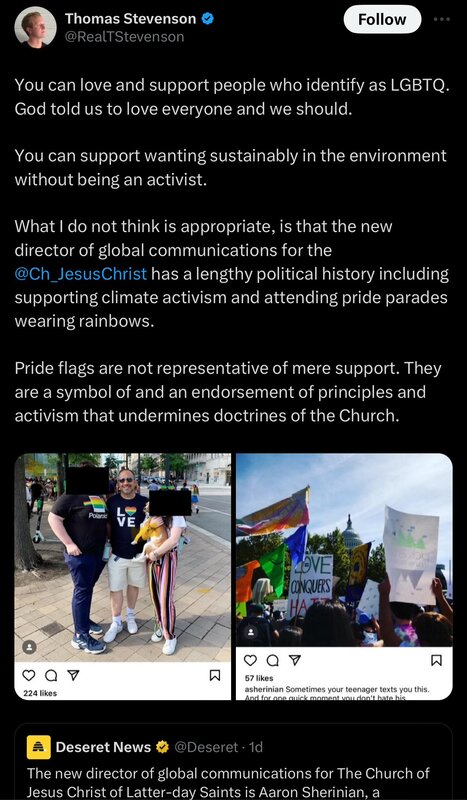 I'm at a loss as to why doubting Thomas thinks the LDS Church is against "climate activism," a topic it has never addressed in its entire history. It's been all but silent on environmental issues altogether. The one time I'm aware of that any of its leaders even publicly acknowledged climate change was in a devotional speech at BYU-Hawaii in 2017 when apostle Dallin Oaks said, "These are challenging times, filled with big worries: wars and rumors of wars, possible epidemics of infectious diseases, droughts, floods, and global warming. Seacoast cities are concerned with the rising level of the ocean, which will bring ocean tides to their doorsteps or over their thresholds. Global warming is also affecting agriculture and wildlife." Dallin Oaks is not one of my favorite people, but I appreciate that he's not a mindless partisan hack.  Not because of this particular post, but the person running this account is one of the few that I wholeheartedly believe deserves to burn in hell. I don't think it's humanly possible for him to be stupid or delusional enough to believe that Jesus would approve of his vile behavior. Yes, his profile picture is former New Zealand Prime Minister and ex-Mormon Jacinda Ardern with a Hitler mustache. I guess conservatives think she's a Nazi because her administration's response to the pandemic saved an estimated 80,000 lives. Or maybe it's because she responded to New Zealand's one mass shooting by taking steps to keep it from happening again, and then it didn't happen again. That's not the American way!  "iT's StIlL uP tO tHe StAtEs To DeCiDe" No, it isn't, it hasn't been for eight and a half years, and we all know that damn well that conservatives wouldn't complain about "states' rights" if the Supreme Court decided to ban same-sex marriage or abortion nationwide. They're no more sincere with this argument now than they were when they used it to defend slavery and segregation. 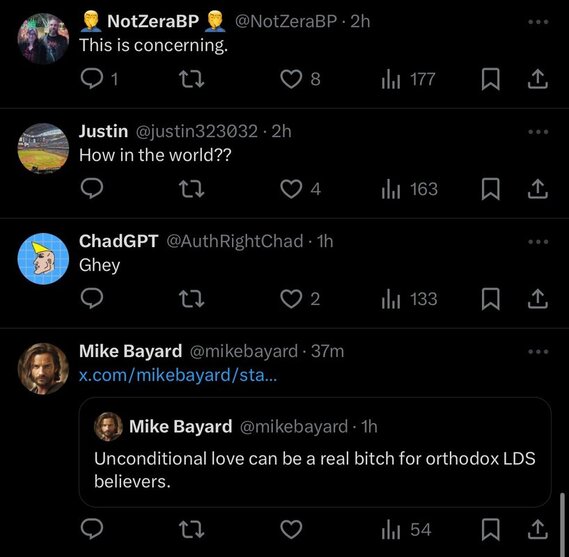 ^ This. And, again, it doesn't actually seem to be possible to love gay people while opposing their "lifestyle." With the same occasional exceptions you would find among straight people, being in same-sex relationships (against LDS teachings) makes gay people happy, and being alone and celibate for life (in accordance with LDS teachings) makes gay people miserable. If you believe gay people should live in accordance with LDS teachings, you believe they should do that which demonstrably makes them miserable. And that isn't love by any reasonable definition. 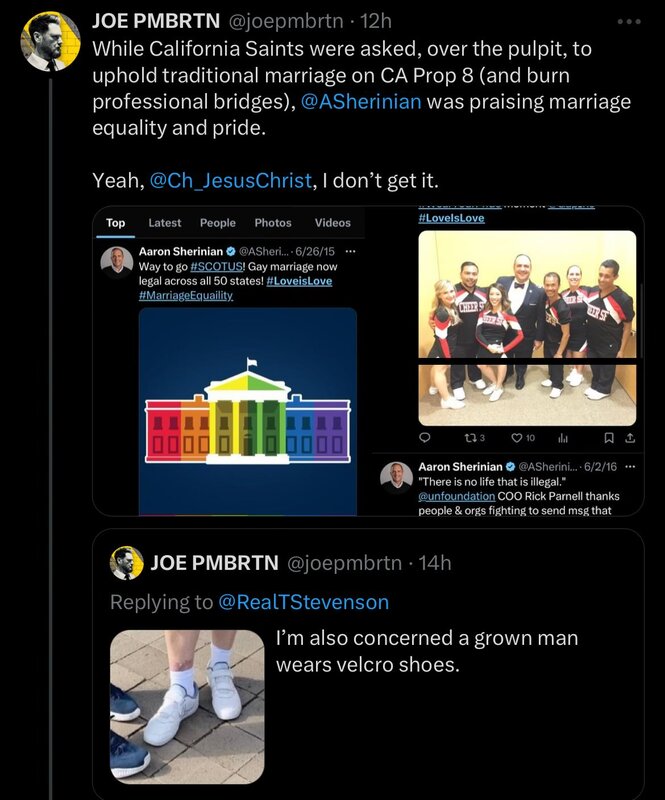 1. Mormons have less right than almost anyone else in the world to get on a high horse about "traditional marriage." 2. Same-sex marriage has not erased "traditional marriage." 3. Yeah, this is kind of hypocritical for the LDS Church. Kind of like when it bragged about Michelle Wright Amos, a mission president's wife, being a NASA engineer who helped put the Perseverance rover on Mars, even though she held that position because decades earlier she'd disregarded the prophet's counsel for all married women to be stay-at-home moms.  This guy has really internalized the church's manipulative blame-reversal BS. Nothing can ever be God's fault, the prophet's fault, or the church's fault, so any time something doesn't work out the way God or the prophet or the church said it would, it's your fault. Joseph Smith was a master of this. Once you see it throughout the Doctrine and Covenants, you can't unsee it. Also, Brigham Young was a lunatic, and people who admire him should probably be on a domestic terrorist watchlist. 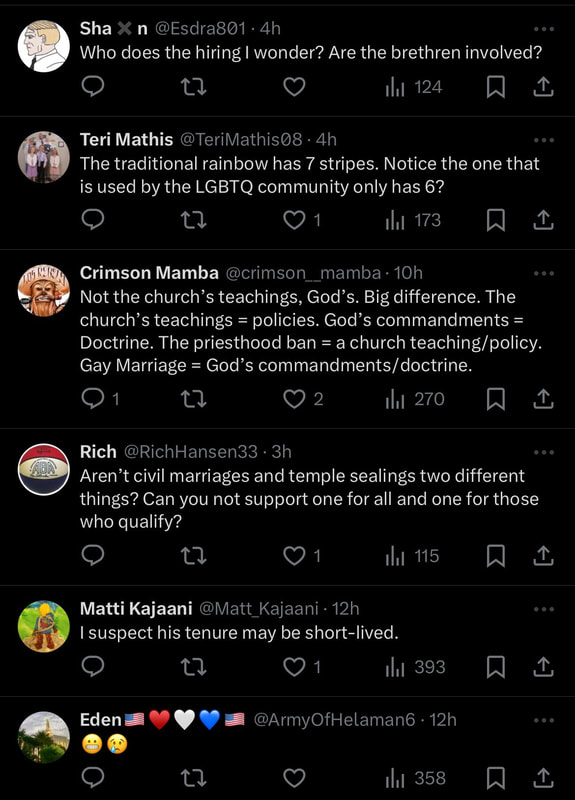 Crimson Mamba is clearly unaware of what the First Presidency said in an official statement dated August 17, 1949: "The attitude of the Church with reference to the Negroes remains as it has always stood. It is not a matter of the declaration of a policy but of direct commandment from the Lord, on which is founded the doctrine of the Church from the days of its organization, to the effect that Negroes may become members of the Church but that they are not entitled to the Priesthood at the present time." |
"Guys. Chris's blog is the stuff of legends. If you’re ever looking for a good read, check this out!"
- Amelia Whitlock "I don't know how well you know Christopher Randall Nicholson, but... he's trolling. You should read his blog. It's delightful." - David Young About the AuthorC. Randall Nicholson is a white cisgender Christian male, so you can hate him without guilt, but he's also autistic and asexual, so you can't, unless you're an anti-vaxxer, in which case the feeling is mutual. This blog is where he periodically rants about life, the universe, and/or everything. Archives
July 2024
Categories
All
|
- Home
- Blog
-
My Literary Works
- Comics by C. Randall Nicholson >
-
Short Stories by C. Randall Nicholson
>
- Childish Stories
- My Dearest Catherine
- It's Really Cold Out There
- Walter Mitty - The Sixth Daydream
- Jesus is a Liberal
- El Coronel - Epílogo
- A Couple of Very Cynical Parables
- Interview with the Ruler of the World (Me)
- The Star Wars Missionary
- Chelise
- Traumfrau
- All Hands on Deck
- It Ain't Ogre Till It's Ogre
- Black Tom: The Unauthorized Encore
- Brittany and the Bear
- Lunatics: A Space Girls Story
- Adventures in the FDR >
- Poems and Songs by C. Randall Nicholson >
-
Essays by C. Randall Nicholson
>
- Childish Essays by C. Randall Nicholson
- Los Braceros
- The Great Pacific Garbage Patch
- The Witches of "Macbeth"
- Evita
- The Second Amendment to the Constitution: Why it is Important to Our Nation
- USU Honors Program Application Essay
- The Giraffe Deception
- Member Missionary Message
- I'm Just a Little Unwell: Coping with Asperger's Syndrome
- Dating Seminar
- An Open Letter to Critics of The Church of Jesus Christ of Latter-day Saints
- How Can any Intelligent Person Be a Mormon?
- Faith and Doubt in My Life
- Discarding Dated Dinosaur Dogmas: Robert T. Bakker and the Dinosaur Renaissance
- Religion, Science, and Art: Elements of the Gospel of Truth
- Why Latter-day Saints Should Embrace Evolution
- Daoism
- Spiritual Autobiography
- From the East: Hinduism and Islam as Compared to My Western Faith Tradition through Poetry
- In Defense of Pickup Lines
- Ass Burgers
- Chasing Kelsey
- Both of the Things Wrong with Charlotte Temple
- Sir Thomas More's Critiques and Commendations for Catholicism
- The Legend of Christor
- How Eugene England Helped Me Transform My Testimony
- Graduate School Statement of Intent
- "Please Join with Us Now in Common Purpose": A Discourse Analysis
- Legos and Gender
- Things That Rhyme with "Elise"
- I Want to Believe: The Persistence of Alien Folklore
-
Reviews by C. Randall Nicholson
>
- Review of "Howard the Duck"
- Review of "Letter to a Christian Nation"
- Review of the LDS Institute's "Uncommon Hour"
- Review of "Madagascar 3"
- Review of "Dating Doctor David Coleman"
- Review of "David and the Magic Pearl"
- Review of the "Mata Nui Online Game (MNOG)"
- Review of "Evolution and Mormonism"
- Review of "Callahan's Crosstime Saloon" (Game)
- Review of "Modern Romance"
- Review of "Solo: A Star Wars Story"
- Review of "The Legend of Zelda: Ocarina of Time"
- Review of "The Book of Mormon" (Musical)
- Review of Jenson Books
- Review of "Live Not By Lies"
-
Literary Fragments by C. Randall Nicholson
>
- Childish Scraps
- The Adventures of Nichch Bror
- Reaching (for the Stars)
- Boys vs. Girls Book 1: The Conflict >
- Dave is a Square
- Star Wreck
-
The Legend of Aaron LaBarr
>
- 1 Marauders of the Mythical Man Chapter One
- 1 Marauders of the Mythical Man Chapter Two
- 1 Marauders of the Mythical Man Chapter Three (Unfinished)
- 1 Marauders of the Mythical Man Chapter Four (Unfinished)
- 2 Crusaders of the Crystalline Chronostone Chapter One (Unfinished)
- 2 Crusaders of the Crystalline Chronostone Chapter Two (Unfinished)
- 2 Crusaders of the Crystalline Chronostone Chapter Three (Unfinished)
- 2 Crusaders of the Crystalline Chronostone Miscellaneous
- 3 Pursuers of the Priceless Power Chapter Two (Unfinished)
- The War >
- The Space Detective
- Skin Deep
- The Sword of Laban >
- LDS Church History Timeline
- Jennifer and Lance
- Logan YSA 36th Ward 2018 History
- Unsent Correspondence by C. Randall Nicholson
- Correspondence Regarding the Worst Day of My Life So Far
-
Indiana Jones and the Saucer Men from Mars
>
- Indiana Jones and the Saucer Men from Mars - Prologue
- Indiana Jones and the Saucer Men from Mars - Chapter One
- Indiana Jones and the Saucer Men from Mars - Chapter Two
- Indiana Jones and the Saucer Men from Mars - Chapter Three
- Indiana Jones and the Saucer Men from Mars - Chapter Four
- Indiana Jones and the Saucer Men from Mars - Chapter Five
- Indiana Jones and the Saucer Men from Mars - Chapter Six
- Indiana Jones and the Saucer Men from Mars - Chapter Seven
- Indiana Jones and the Saucer Men from Mars - Chapter Eight
- Indiana Jones and the Saucer Men from Mars - Chapter Nine
- Indiana Jones and the Saucer Men from Mars - Chapter Ten
- Indiana Jones and the Saucer Men from Mars - Chapter Eleven
- Indiana Jones and the Saucer Men from Mars - Chapter Twelve
- Indiana Jones and the Saucer Men from Mars - Chapter Thirteen
- Indiana Jones and the Saucer Men from Mars - Epilogue
- Behind the Scenes of "Indiana Jones and the Saucer Men from Mars"
-
Indiana Jones and the Monkey King
>
- Indiana Jones and the Monkey King - Prologue
- Indiana Jones and the Monkey King - Chapter One
- Indiana Jones and the Monkey King - Chapter Two
- Indiana Jones and the Monkey King - Chapter Three
- Indiana Jones and the Monkey King - Chapter Four
- Indiana Jones and the Monkey King - Chapter Five
- Indiana Jones and the Monkey King - Chapter Six
- Indiana Jones and the Monkey King - Chapter Seven
- Indiana Jones and the Monkey King - Chapter Eight
- Indiana Jones and the Monkey King - Chapter Nine
- Indiana Jones and the Monkey King - Chapter Ten
- Indiana Jones and the Monkey King - Chapter Eleven
- Indiana Jones and the Monkey King - Chapter Twelve
- Indiana Jones and the Monkey King - Chapter Thirteen
- Indiana Jones and the Monkey King - Chapter Fourteen
- Indiana Jones and the Monkey King - Epilogue
- Running Logan Canyon
- Crusaders of the Chrono-Crystal >
-
About Me
-
About Mormons
- Why Are Mormons So Hot?
- LDS Temples
-
LDS Scriptures
>
- Growth of the LDS Church
-
LDS Racial History
>
- The Lamanite Curse in the Book of Mormon
- The LDS Church and Native Americans Nineteenth Century
- The LDS Church and Native Americans Twentieth Century
- The LDS Church and Native Americans Twenty-first Century
- Black Latter-day Saints Before June 1978
- Abner Howell, Black Latter-day Saint
- Dr. Lowry Nelson vs. the LDS First Presidency
- Race Problems - As They Affect the Church
- Ezra Taft Benson vs. the Civil Rights Movement
- The LDS Church and Slavery
- The LDS Church and Interracial Marriage
- The LDS Church and Black People: Historical Context (Pre-1830)
- The LDS Church and Black People 1830-1837
- The LDS Church and Black People 1838-1842
- The LDS Church and Black People 1843-1844
- The LDS Church and Black People 1845-1848
- The LDS Church and Black People 1849-1852
- The LDS Church and Black People 1853-1860
- The LDS Church and Black People 1861-1868
- The LDS Church and Black People 1869-1878
- The LDS Church and Black People 1879-1889
- The LDS Church and Black People 1890-1899
- The LDS Church and Black People 1900-1903
- The LDS Church and Black People 1904-1907
- The LDS Church and Black People 1908-1912
- The LDS Church and Black People 1913-1930
- The LDS Church and Black People 1931-1946
- The LDS Church and Black People 1947
- The LDS Church and Black People 1948-1954
- The LDS Church and Black People 1955-1959
- The LDS Church and Black People 1960
- The LDS Church and Black People 1961-1962
- The LDS Church and Black People 1963
- The LDS Church and Black People 1964
- The LDS Church and Black People 1965
- The LDS Church and Black People 1966
- The LDS Church and Black People 1967
- The LDS Church and Black People 1968
- The LDS Church and Black People 1969
- The LDS Church and Black People 1970
- The LDS Church and Black People 1971-1972
- The LDS Church and Black People 1973-1975
- The LDS Church and Black People 1976-1977
- The LDS Church and Black People 1978
- The LDS Church and Black People 1979-1984
- The LDS Church and Black People 1985-1988
- The LDS Church and Black People 1989-1994
- The LDS Church and Black People 1995-1998
- The LDS Church and Black People 1999-2002
- The LDS Church and Black People 2003-2006
- The LDS Church and Black People 2007-2010
- The LDS Church and Black People 2011-2012
- The LDS Church and Black People 2013-2015
- The LDS Church and Black People 2016-2017
- The LDS Church and Black People 2018
- The LDS Church and Black People 2019
- The LDS Church and Black People 2020
- The LDS Church and Black People 2021
- The LDS Church and Black People: Moving Forward
- The Bruce R. McConkie Fan Page
- LDS Culture Pet Peeves
- Why I Wholeheartedly Accept Organic Evolution >
- Are the General Authorities Human?
- A Brief History of LDS Polygamy
- A Brief History of Women in the LDS Church >
- Is the LDS Church Homophobic? >
- The LDS Church and Islam / كنيسة يسوع المسيح والإسلام
- Heavenly Mother
- Mormons in America
- The Tragedy of Kip Eliason
- Is the Book of Mormon a Fraud
- Joseph Smith's Prophecies >
- Mormonism's Infallible Prophets
- A Response to the Address "The Real Meaning of the Atonement"
- Affection in Marriage
- Is There No Help for the Widow's Son?
-
An Address to All Believers in Christ
>
- An Address to All Believers in Christ - Chapter I
- An Address to All Believers in Christ - Chapter II
- An Address to All Believers in Christ - Chapter III
- An Address to All Believers in Christ - Chapter IV
- An Address to All Believers in Christ - Chapter V
- An Address to All Believers in Christ - Chapter VI
- An Address to All Believers in Christ - Chapter VII
- An Address to All Believers in Christ - Chapter VIII
- An Address to All Believers in Christ - Chapter IX
- An Address to All Believers in Christ - Chapter X
- An Address to All Believers in Christ - Chapter XI
- An Address to All Believers in Christ - Chapter XII
-
These Amazing Mormons!
>
- Introduction
- I. Meeting the Mormons
- II. Holy Books
- III. The Capital of Mormondom
- IV. Industrial Adaptation
- V. Church Organization
- VI. The Priesthood
- VII. Relief Society
- VIII. Church Welfare Program
- IX. The Word of Wisdom
- X. Business, Labor, Politics
- XI. Architecture
- XII. Education
- XIII. Their Missionary System
- XIV. Propaganda
- XV. The Family
- XVI. Sunday School
- XVII. Primary
- XVIII. Young People
- XIX. The Temple
- XX. Polygamy
- About the Author
- Anti-Mormonism >
- Why I Left the Church of Jesus Christ of Latter-day Saints
-
Whatever
- The Milo Nicholson Memorial Page
- My Unsolicited Spiel on Abortion
- Anti-Vaxxers Make Me Sick
- In Defense of Pedophiles
- The Kyle Cootware Memorial Page
- My Artistic Creations
- Women >
- How to Make a Movie
- The Progressive Bill of "Rights"
- Back in the USSR
- Why We Should Support the War on Drugs
- Why I Love India
- The Joys of DOSBox
- The Hugh Hefner Memorial Page
- Why Engagement Rings are Stupid
- Creating a Pedagogy of Critical Thinking and Student Agency
- Karzahni
- Contact
- Links
crandallnicholson at gmail dot com
My other websites:
Amazon Author Page
Life, the Universe, and Everything Wiki
Entebbe Alpha & Omega Development Organization Uganda
Everything that can be copyrighted by me is © C. Randall Nicholson (he/him) 2010-2024, and everything that cannot is not. As should be obvious to any reasonable person, this website is not owned by, endorsed by, sponsored by, accepting bribes from, or affiliated in any way with The Church of Jesus Christ of Latter-day Saints, Utah State University, any political parties or candidates, Lucasfilm, Nintendo, the Irish Mafia, or anyone else except me. The inclusion of external sources is not an endorsement of every viewpoint or claim contained therein. Due to government restrictions, this website is not available in Abbudin, Agrabah, Aidnaryk, Aldastan, Aldovia, Aleshar, Algaria, Alphenlicht, Andalasia, Ankh-Morpork, Arcium, Arendelle, Arendia, Arjuna, Armaeth, Artakha, Artidax, Astel, Atan, Attolia, Avalon, Beltrazo, Benlucca, Berzerkistan, Bialya, Blefuscu, Borduria, Borogravia, Brovania, Brynnel, Bulungi, Calatia, Caldonia, Cammoria, Carbombya, Carnolitz, Casbahmopolis, Catan, Cherek, Chima, Chyrellos, Cthol Murgos, Cynesga, Cythera, Daconia, Dacovia, Däfos, Dalasia, Dalsona, Daxia, Deira, Delchin, Deltora, Derka-derkastan, Destral, Dinotopia, Drasnia, Duban, Dubatio, Eddis, Edom, Eire, Elbonia, Elenia, Enchancia, Equatorial Kundu, Equestria, Erewhon, Flatland, Florin, France, Freedonia, Fuh, Gamelon, Ganesia, Gar og Nadrak, Genosha, Genovia, Gilead, Goona, Gorch, Grand Fenwick, Guilder, Gwyliath, Haganistan, Holodrum, Honalee, Hortensia, Hyrule, Hytopia, Illyria, Ishtar, Jedera, Jemal, Jenno, Jiardasia, Jueland, Kadir, Kalynthia, Kamistan, Kantaria, Katakor, Katurrah, Kazhistan, Khairpura-Bhandanna, Khakistan, Khemed, Kibalakaboo, Koholint, Kookatumdee, Koridai, Krakozhia, Kumranistan, Kunami, Kyrat, Kyrzbekistan, Labrynna, Lamorkand, Latveria, Lemmink, Lichtenslava, Lilliput, Lorule, Lotharia, Lubovosk, Maldonia, Maragor, Mata Nui, Matar, Medici, Mesociam, Metru Nui, Mishrak ac Thull, Moldera, Monterria, Muldavia, Nambutu, Narnia, Naruba, Nehwon, North Azbaristan, Nuevo-Rico, Nutopia, Nyissa, Nynrah, Odina, Okoto, Oriana, Oz, Pallia, Panem, Pappyland, Patusan, Pelosia, Penglia, Perivor, Pilchardania, Pincoya, Pingo-Pongo, Poldavia, Poptropica, Pottsylvania, Quelf, Qumar, Qumran, Qurac, Ramat, Rendor, Riva, Ronguay, Ruritania, Samavia, San Lorenzo, San Theodoros, São Madrigal, São Rico, Scatland, Schmuldavia, Sendaria, Shamar, Slafka, Slokovia, Slorenia, Sodor, Sokovia, Sondonesia, Sosaria, Sounis, South Azbaristan, Stelt, Strong Badia, Subrosia, Syldavia, Sylvania, Tamul, Tanol, Tarenta, Tashistan, Tega, Terabithia, Termina, Tetaragua, Thalesia, Thatotherstan, Thulahn, Tolemac, Tolnedra, Tomania, Transia, Trazere, Turaqistan, Turmezistan, Ul'dah, Ulgoland, the United States of Auradon, Utopia, Valesia, Velattiane, Voresbo, Voya Nui, Wadata, Wadiya, Wakanda, Westeros, Wongo, Wrenly, Xanth, Xia, Zakaz, Zamad, Zamunda, Zaraq, Zekistan, or Zenovia. I apologize for the inconvenience.
My other websites:
Amazon Author Page
Life, the Universe, and Everything Wiki
Entebbe Alpha & Omega Development Organization Uganda
Everything that can be copyrighted by me is © C. Randall Nicholson (he/him) 2010-2024, and everything that cannot is not. As should be obvious to any reasonable person, this website is not owned by, endorsed by, sponsored by, accepting bribes from, or affiliated in any way with The Church of Jesus Christ of Latter-day Saints, Utah State University, any political parties or candidates, Lucasfilm, Nintendo, the Irish Mafia, or anyone else except me. The inclusion of external sources is not an endorsement of every viewpoint or claim contained therein. Due to government restrictions, this website is not available in Abbudin, Agrabah, Aidnaryk, Aldastan, Aldovia, Aleshar, Algaria, Alphenlicht, Andalasia, Ankh-Morpork, Arcium, Arendelle, Arendia, Arjuna, Armaeth, Artakha, Artidax, Astel, Atan, Attolia, Avalon, Beltrazo, Benlucca, Berzerkistan, Bialya, Blefuscu, Borduria, Borogravia, Brovania, Brynnel, Bulungi, Calatia, Caldonia, Cammoria, Carbombya, Carnolitz, Casbahmopolis, Catan, Cherek, Chima, Chyrellos, Cthol Murgos, Cynesga, Cythera, Daconia, Dacovia, Däfos, Dalasia, Dalsona, Daxia, Deira, Delchin, Deltora, Derka-derkastan, Destral, Dinotopia, Drasnia, Duban, Dubatio, Eddis, Edom, Eire, Elbonia, Elenia, Enchancia, Equatorial Kundu, Equestria, Erewhon, Flatland, Florin, France, Freedonia, Fuh, Gamelon, Ganesia, Gar og Nadrak, Genosha, Genovia, Gilead, Goona, Gorch, Grand Fenwick, Guilder, Gwyliath, Haganistan, Holodrum, Honalee, Hortensia, Hyrule, Hytopia, Illyria, Ishtar, Jedera, Jemal, Jenno, Jiardasia, Jueland, Kadir, Kalynthia, Kamistan, Kantaria, Katakor, Katurrah, Kazhistan, Khairpura-Bhandanna, Khakistan, Khemed, Kibalakaboo, Koholint, Kookatumdee, Koridai, Krakozhia, Kumranistan, Kunami, Kyrat, Kyrzbekistan, Labrynna, Lamorkand, Latveria, Lemmink, Lichtenslava, Lilliput, Lorule, Lotharia, Lubovosk, Maldonia, Maragor, Mata Nui, Matar, Medici, Mesociam, Metru Nui, Mishrak ac Thull, Moldera, Monterria, Muldavia, Nambutu, Narnia, Naruba, Nehwon, North Azbaristan, Nuevo-Rico, Nutopia, Nyissa, Nynrah, Odina, Okoto, Oriana, Oz, Pallia, Panem, Pappyland, Patusan, Pelosia, Penglia, Perivor, Pilchardania, Pincoya, Pingo-Pongo, Poldavia, Poptropica, Pottsylvania, Quelf, Qumar, Qumran, Qurac, Ramat, Rendor, Riva, Ronguay, Ruritania, Samavia, San Lorenzo, San Theodoros, São Madrigal, São Rico, Scatland, Schmuldavia, Sendaria, Shamar, Slafka, Slokovia, Slorenia, Sodor, Sokovia, Sondonesia, Sosaria, Sounis, South Azbaristan, Stelt, Strong Badia, Subrosia, Syldavia, Sylvania, Tamul, Tanol, Tarenta, Tashistan, Tega, Terabithia, Termina, Tetaragua, Thalesia, Thatotherstan, Thulahn, Tolemac, Tolnedra, Tomania, Transia, Trazere, Turaqistan, Turmezistan, Ul'dah, Ulgoland, the United States of Auradon, Utopia, Valesia, Velattiane, Voresbo, Voya Nui, Wadata, Wadiya, Wakanda, Westeros, Wongo, Wrenly, Xanth, Xia, Zakaz, Zamad, Zamunda, Zaraq, Zekistan, or Zenovia. I apologize for the inconvenience.
Proudly powered by Weebly






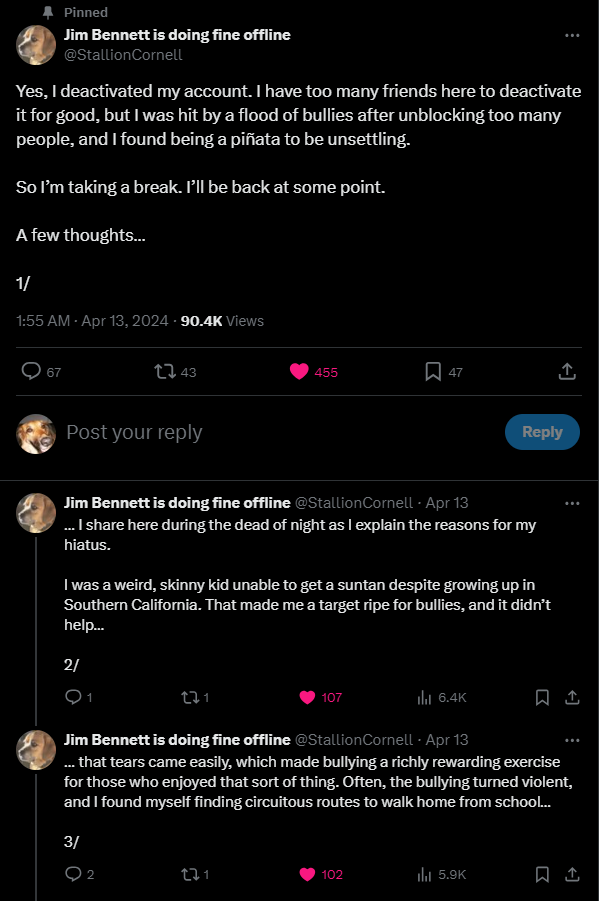
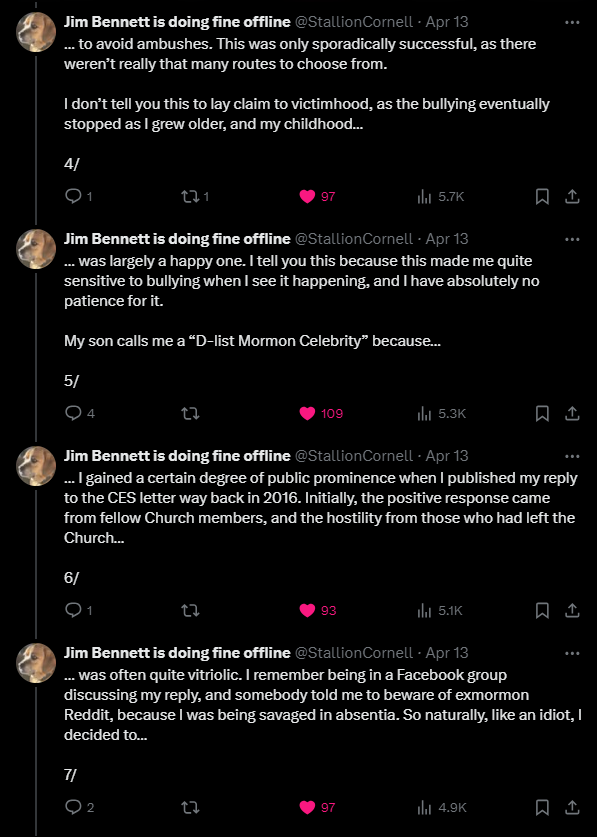
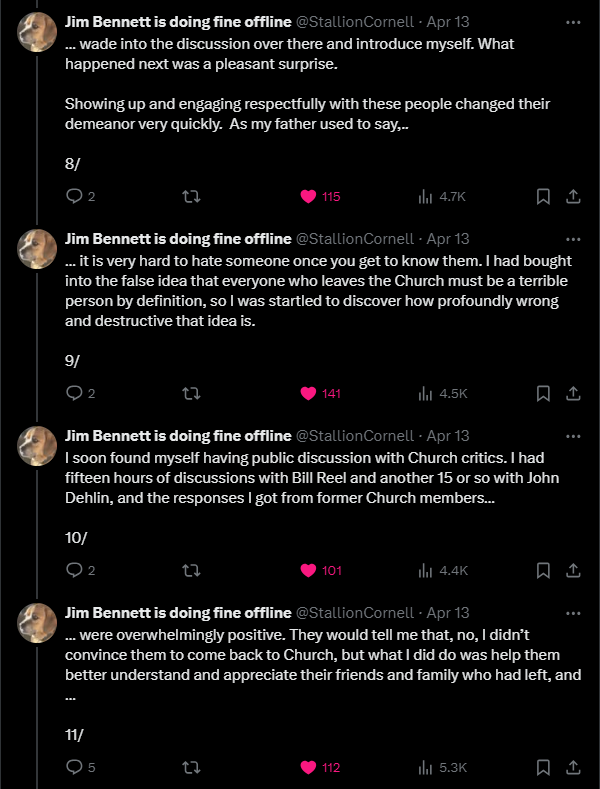
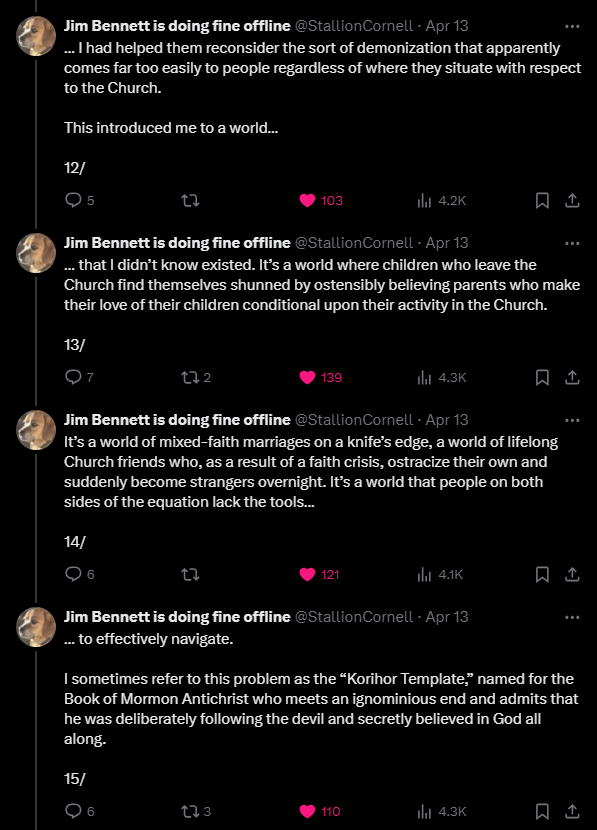
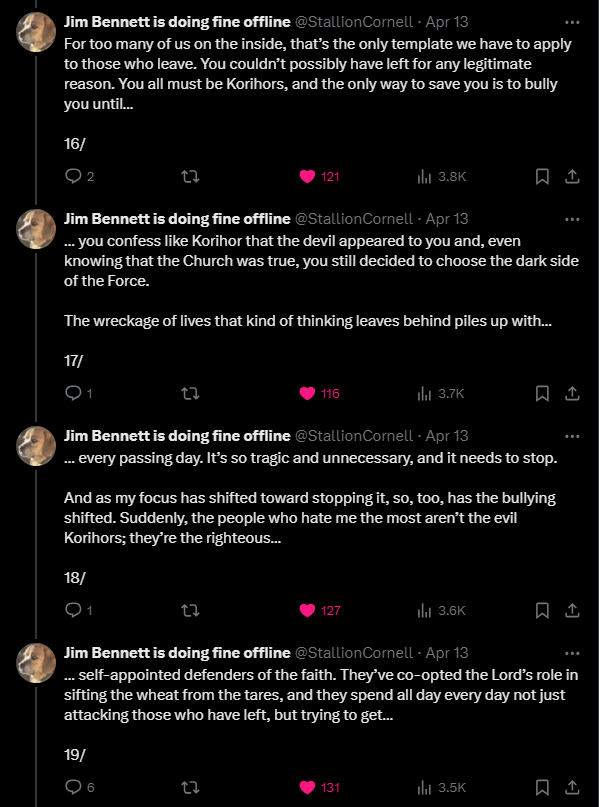
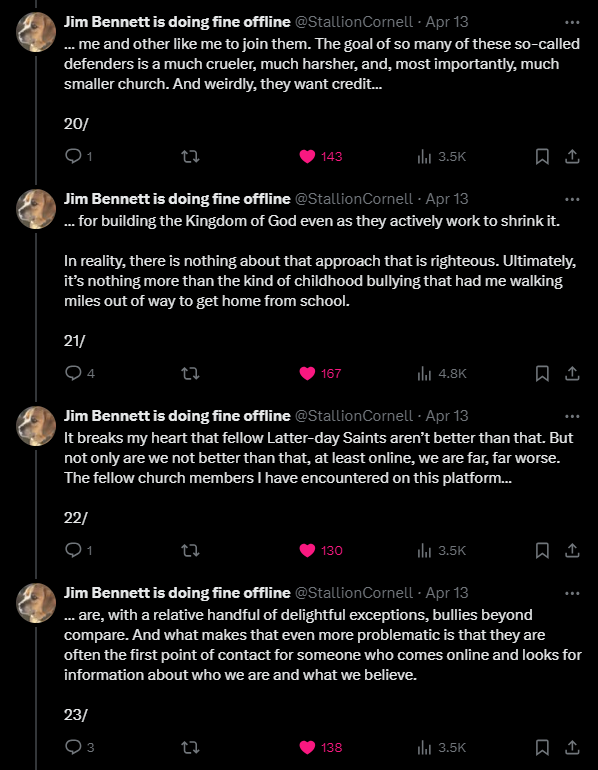
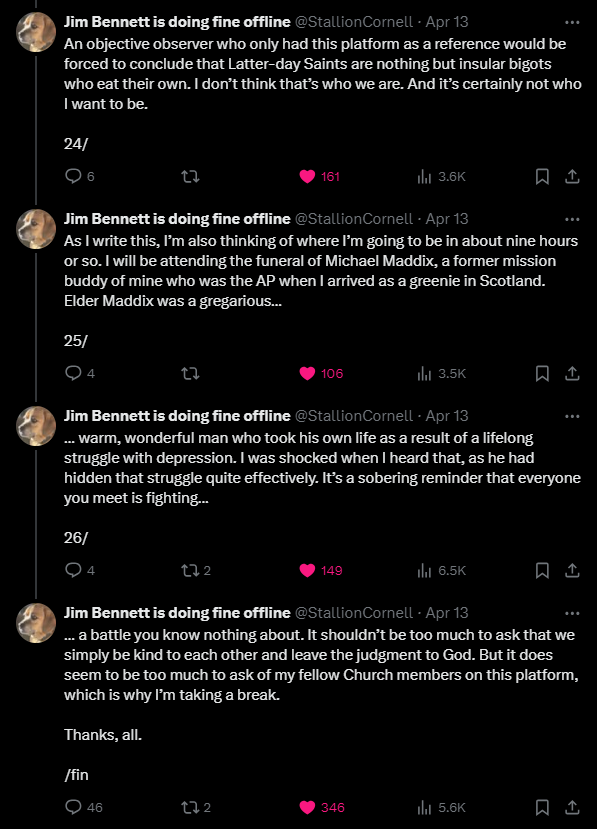
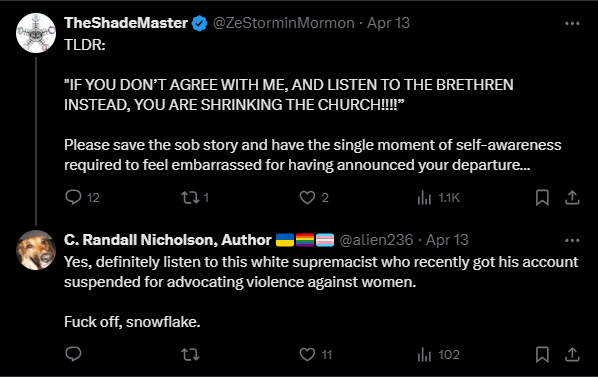




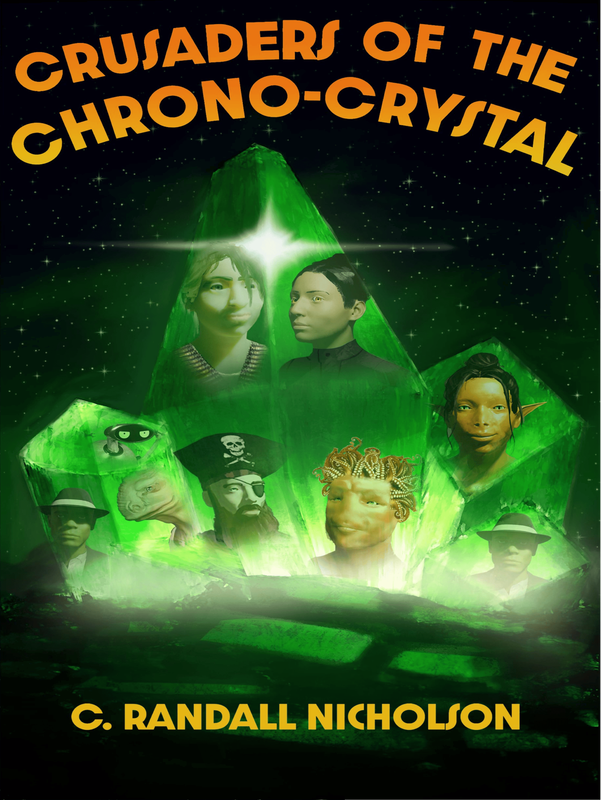
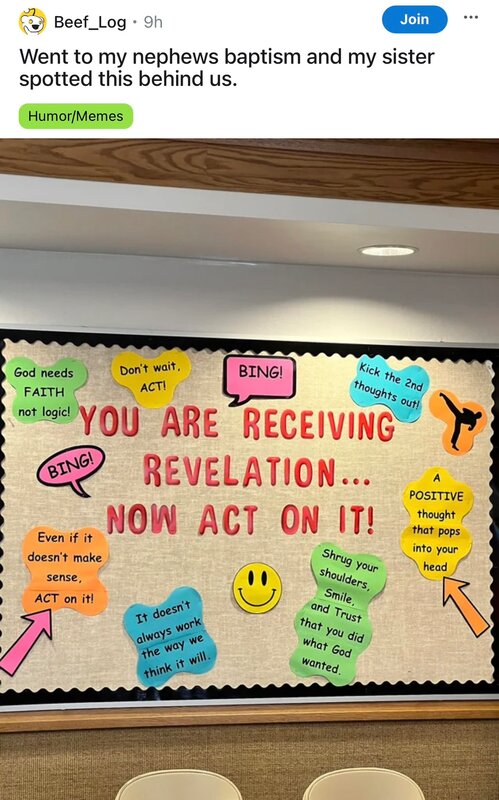
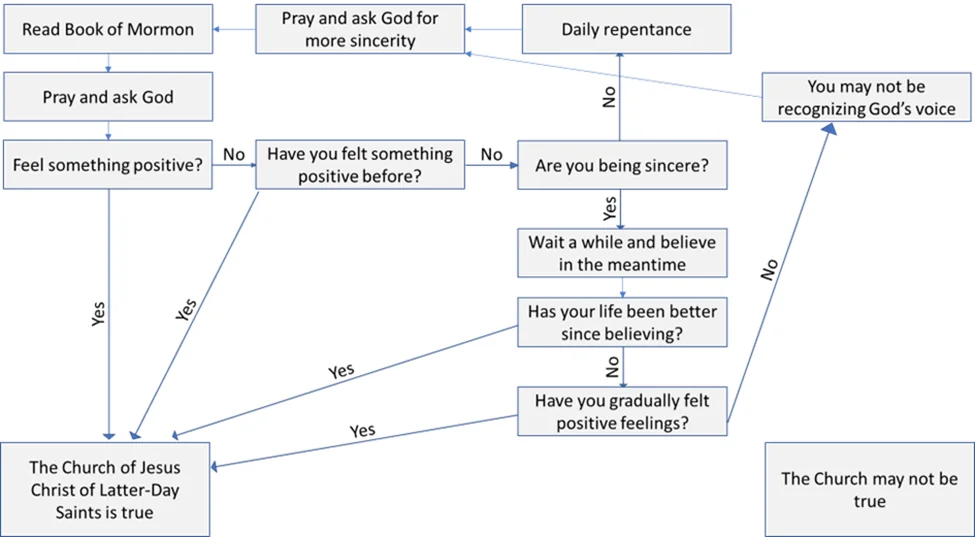
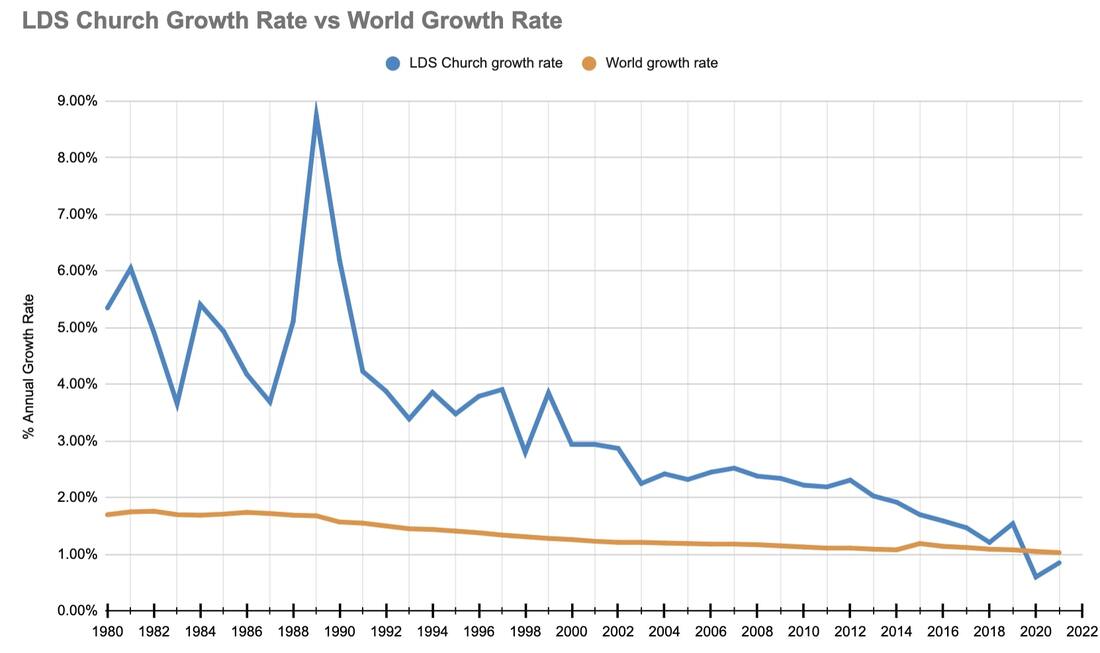
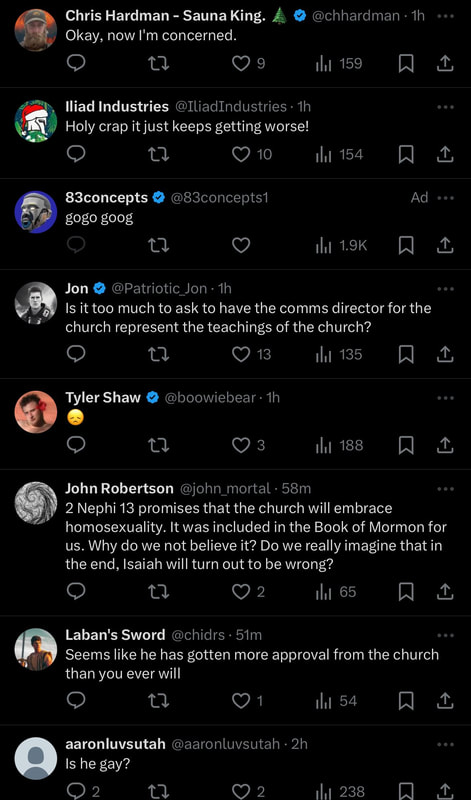
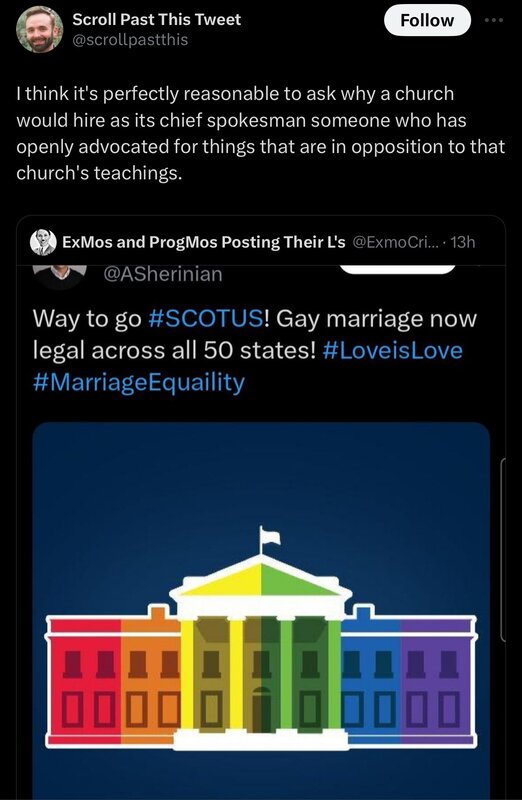

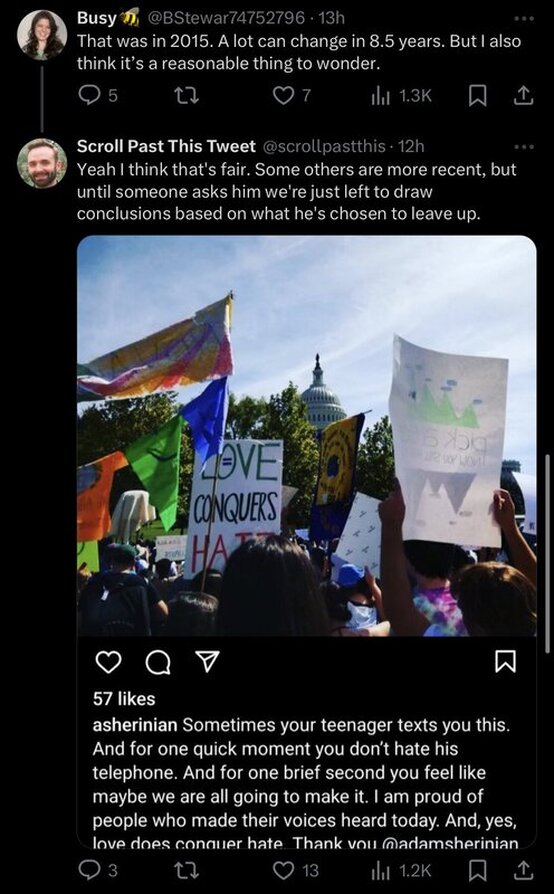
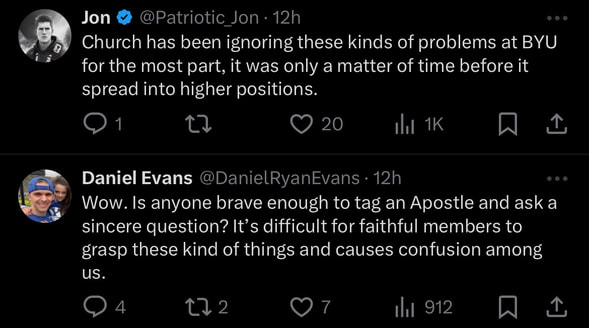
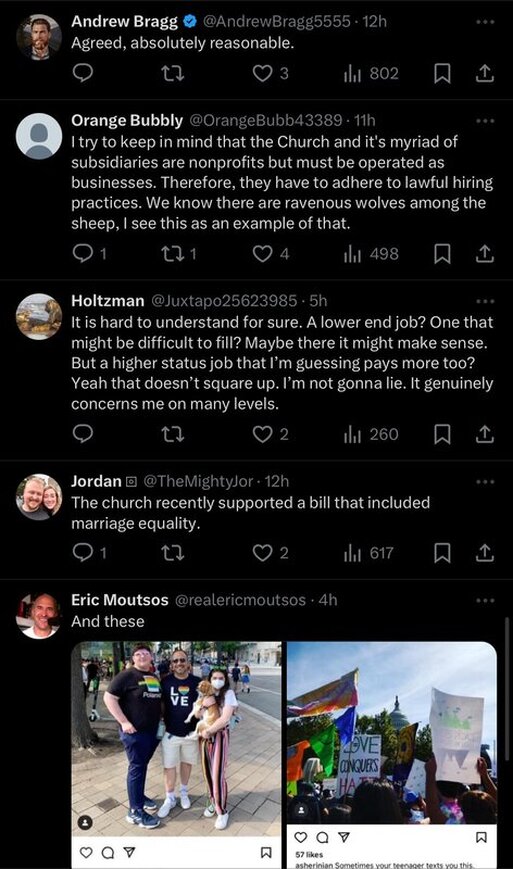
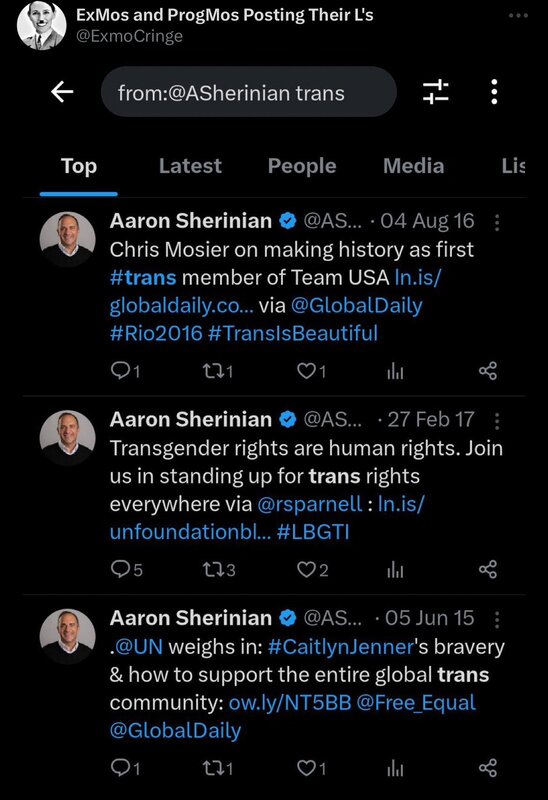

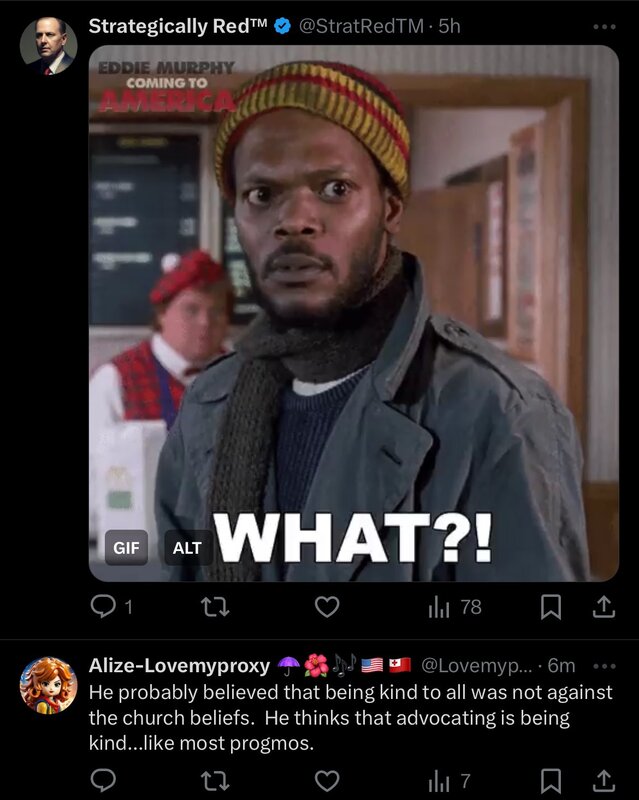
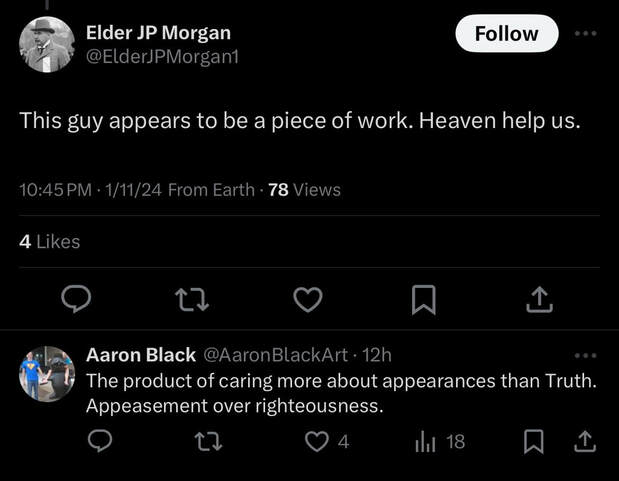
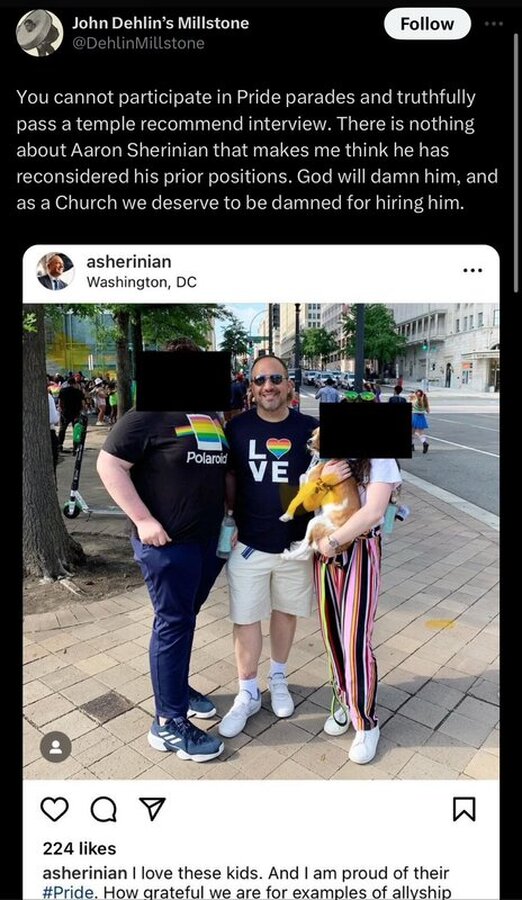
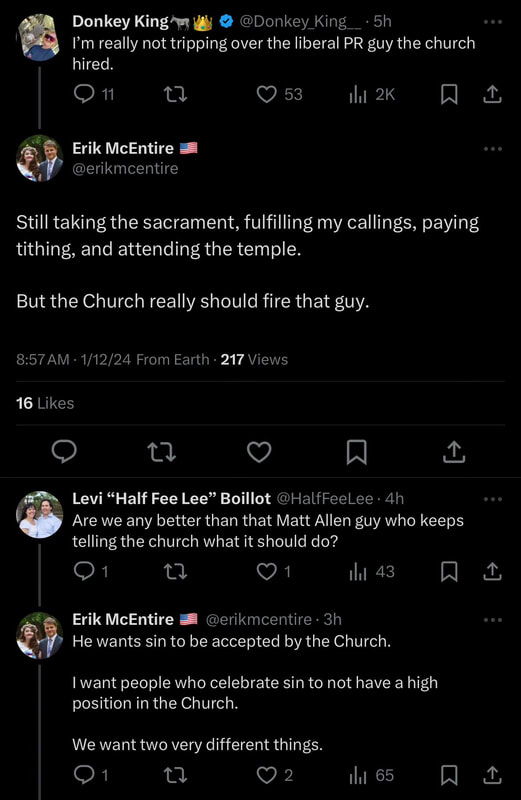
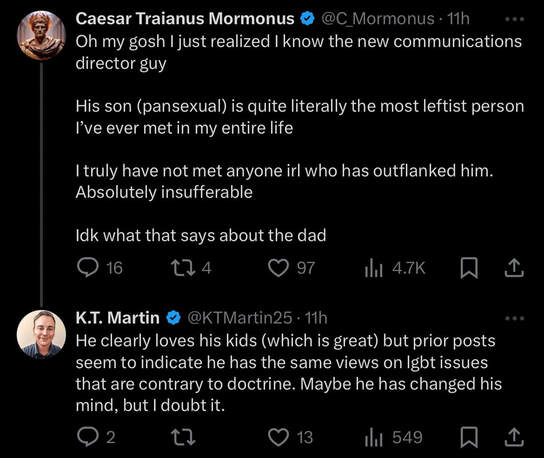
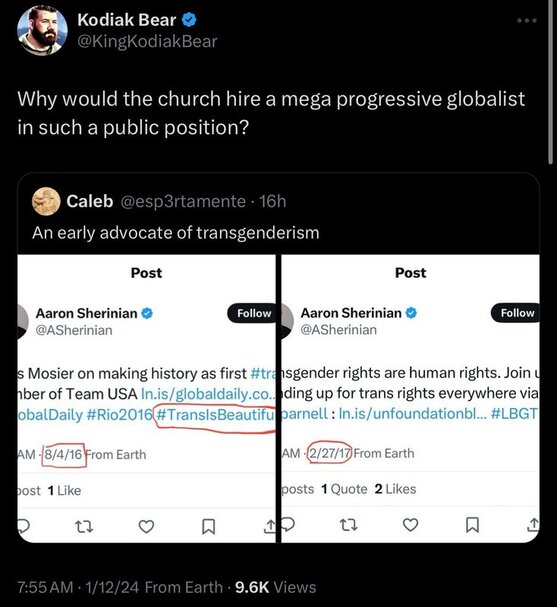
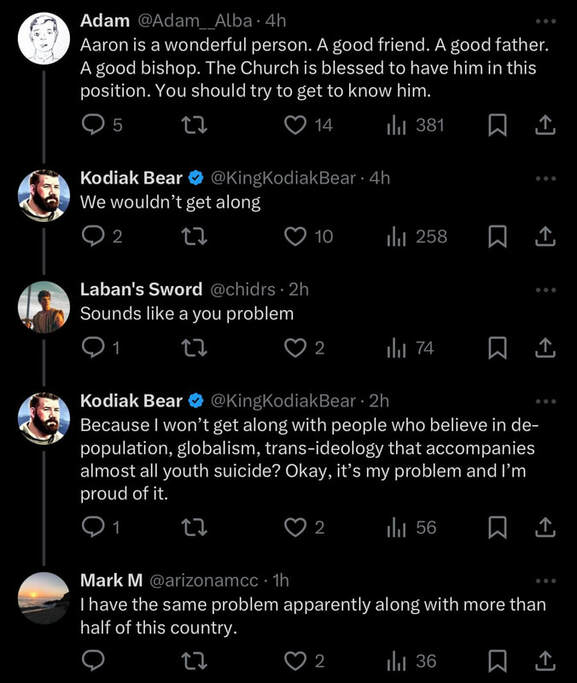
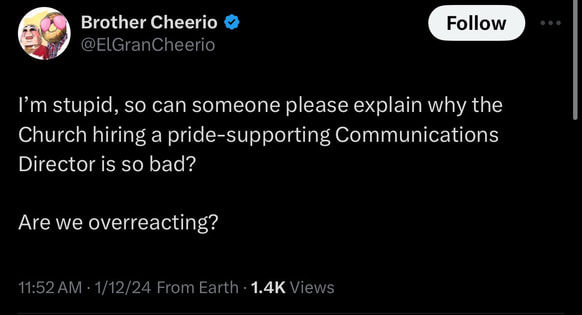
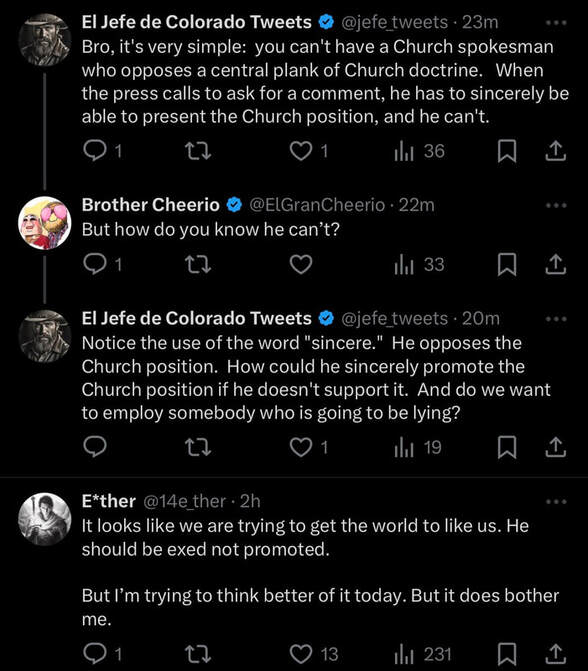
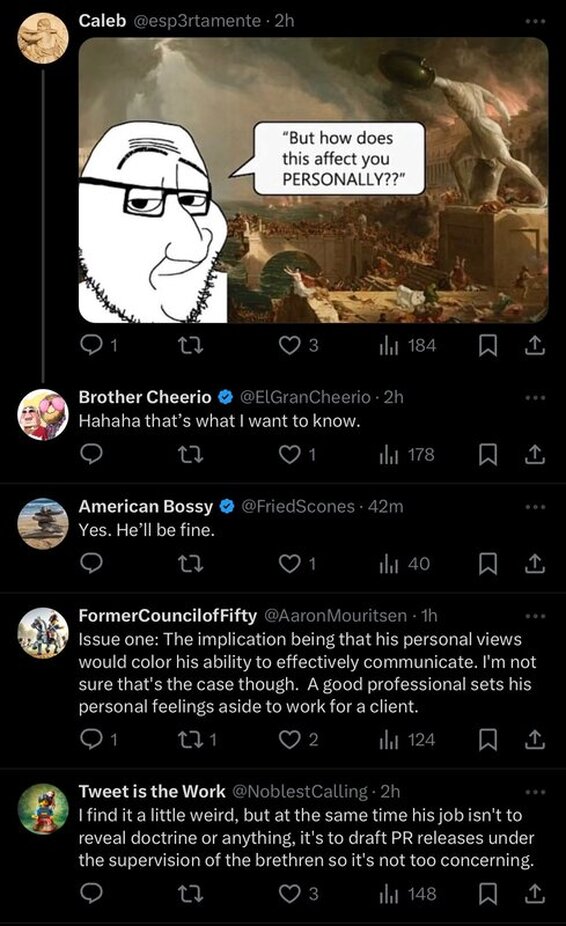
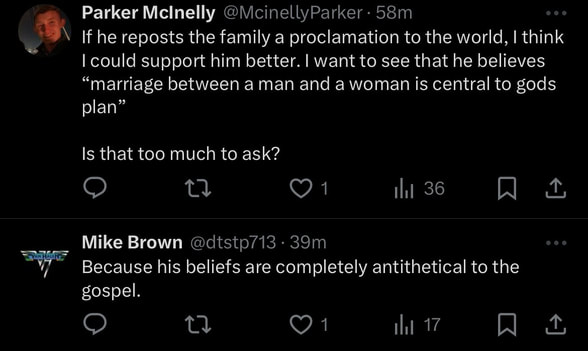
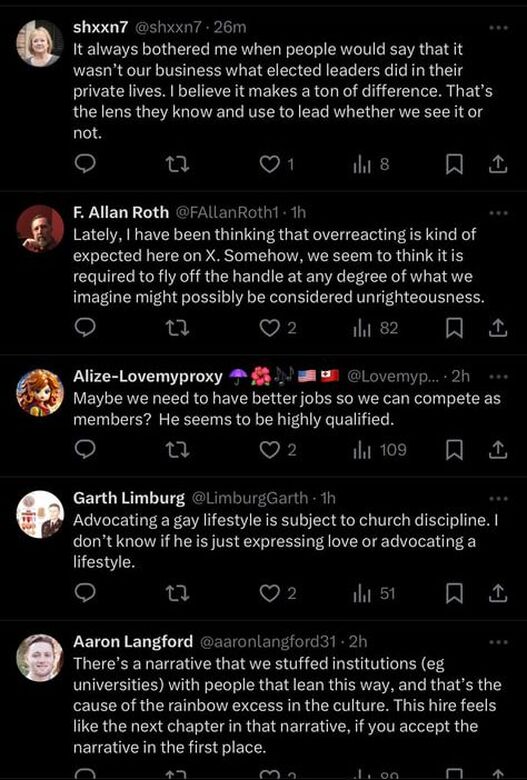
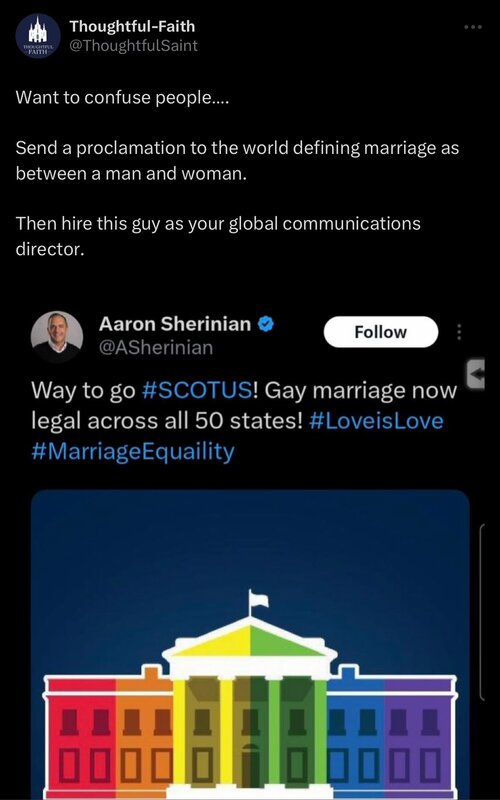
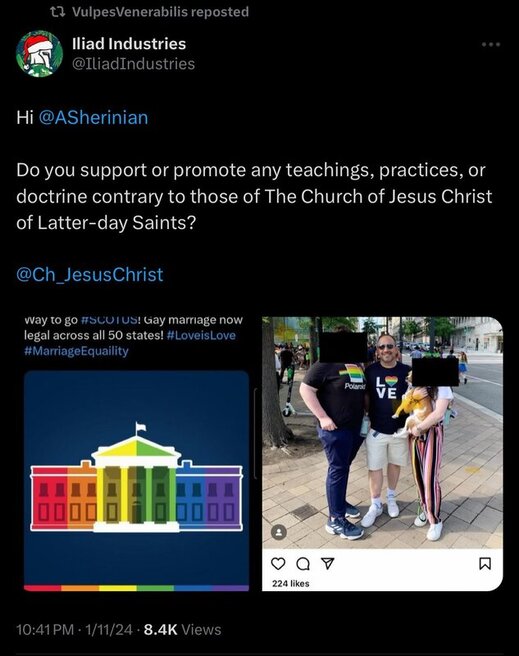
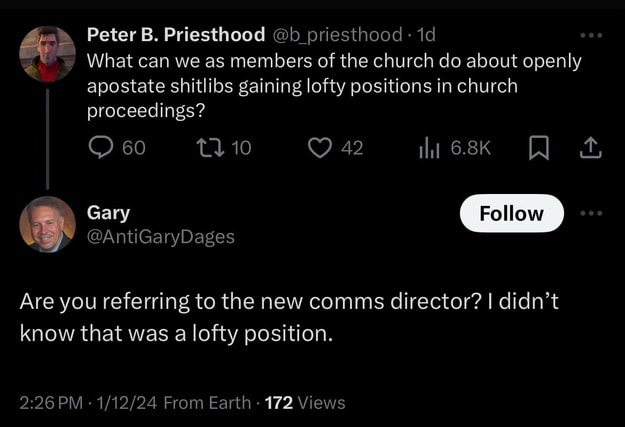

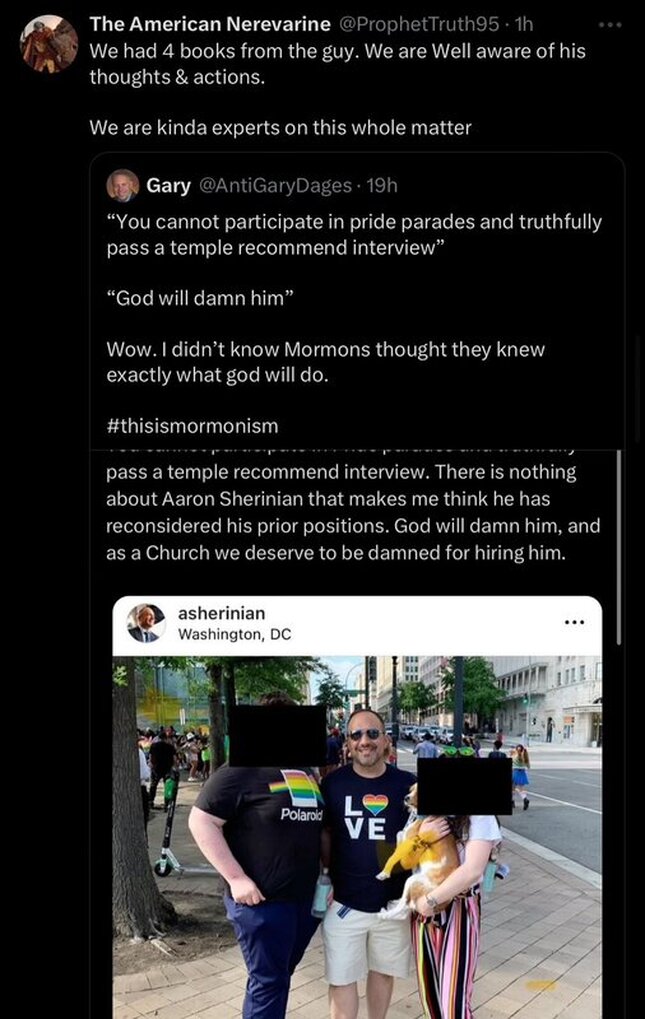
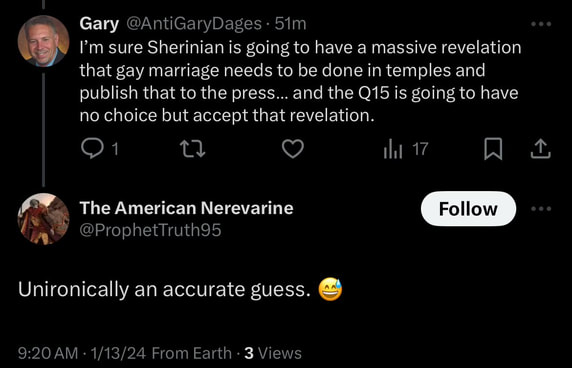
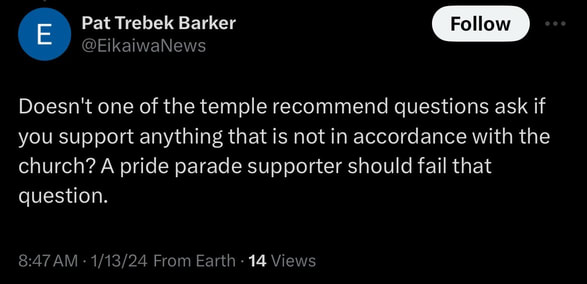
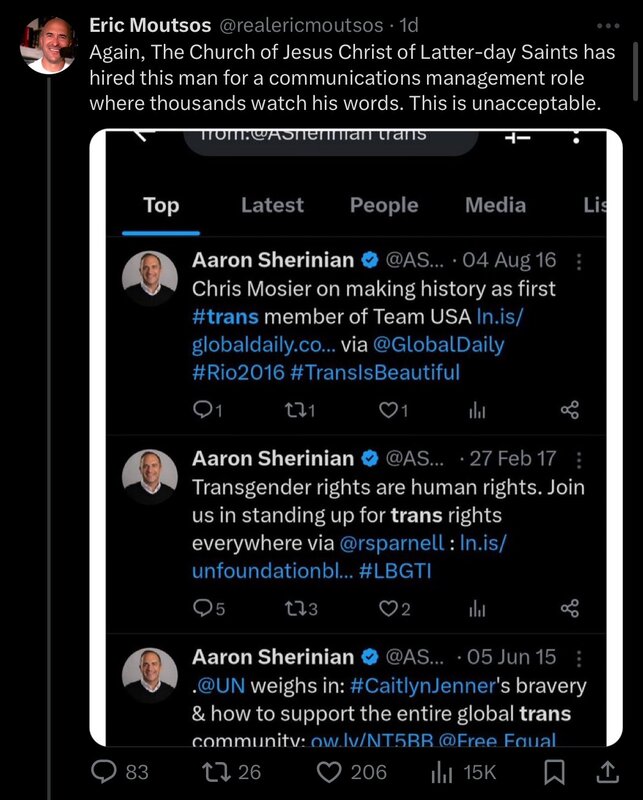
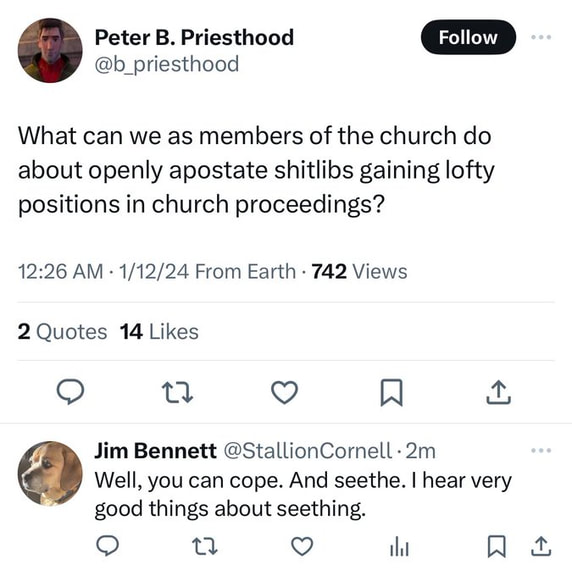

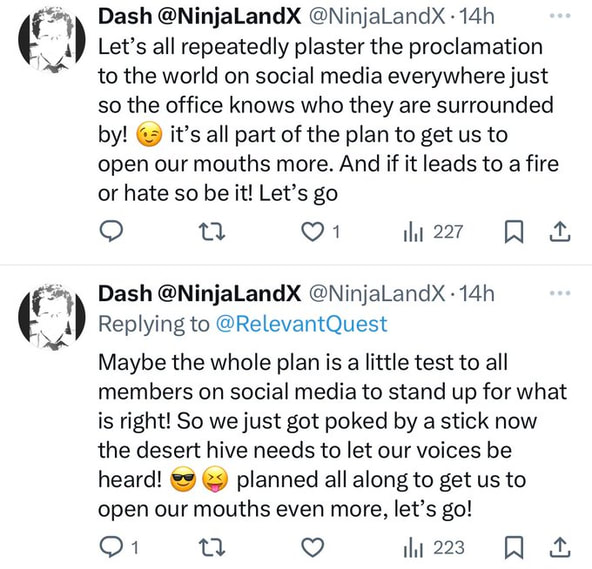


 RSS Feed
RSS Feed
